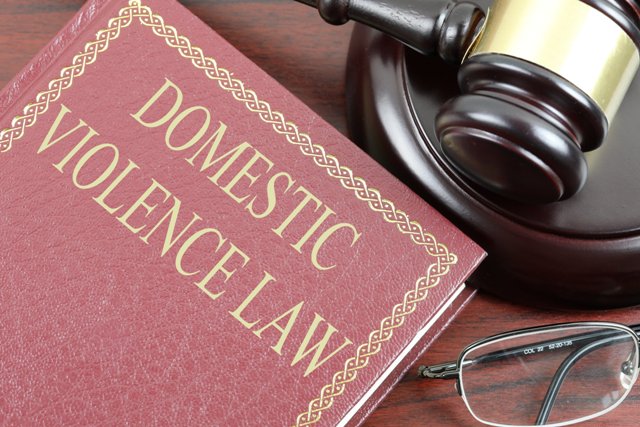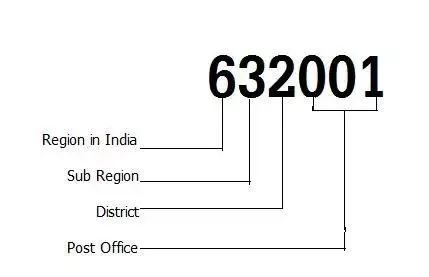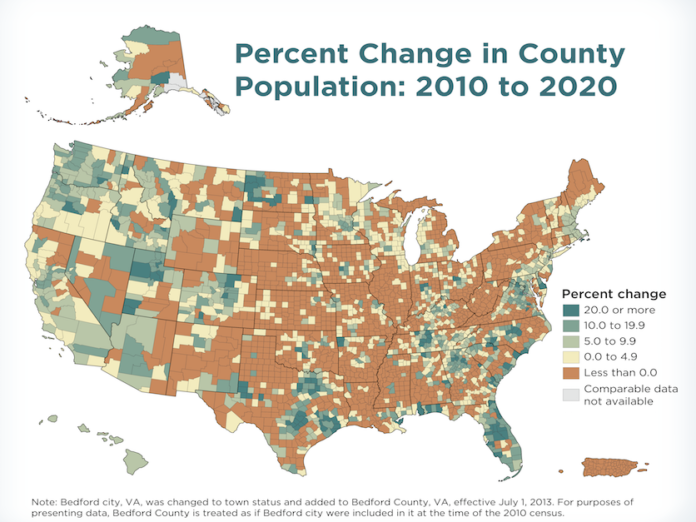When discussing the complexities of legal repercussions for domestic violence, many wonder about the length of jail time associated with these charges. This article delves into the intricacies of “domestic violence penalties” and “jail time for types of domestic violence charges,” exploring the nuances that influence sentencing in the United States.
The Multifaceted Nature of Domestic Violence Sentencing
Domestic violence, a term encompassing a range of behaviors from physical abuse to emotional manipulation, is not a one-size-fits-all category in the legal system. The duration of jail time for domestic violence charges varies greatly, influenced by factors such as the severity of the offense, the perpetrator’s criminal history, and state-specific laws.
Severity of the Offense
One of the primary determinants of jail time is the severity of the offense. Simple assault, a less severe form of domestic violence, may result in shorter jail sentences, often ranging from a few days to several months. Conversely, aggravated domestic assault, involving weapons or severe injury, can lead to significantly longer sentences, sometimes extending to several years. For example, in California aggravated battery (Penal Code 243(d), the offender can be prosecuted as either a misdemeanor or a felony, with the latter potentially leading to a prison sentence of up to four years.
Criminal History and Repeat Offenses
The offender’s past criminal record plays a crucial role in determining jail time. First-time offenders may receive lighter sentences, potentially including probation or mandated counseling. However, repeat offenders often face harsher penalties, with jail time increasing substantially with each subsequent offense.
State-Specific Laws and Variations
Each state in the U.S. has its own set of laws and guidelines regarding domestic violence. For instance, some states have mandatory arrest policies for certain domestic violence scenarios, leading to immediate jail time. Others may have specific statutes that categorize domestic violence based on the relationship between the offender and the victim, influencing the length of the sentence.
Types of Domestic Violence Charges and Corresponding Jail Time
Misdemeanor Domestic Violence: Generally, misdemeanor charges result in shorter jail times, often ranging from a few days to a year. This category typically includes first-time offenses or less severe acts of violence.
Felony Domestic Violence: Felony charges are levied for more serious offenses and can lead to several years in prison. Factors elevating a charge to a felony level include the use of weapons, severe injury to the victim, or committing the act in the presence of a child.
Aggravated Domestic Violence: This category, representing the most severe form of domestic violence, can result in the longest jail sentences, sometimes extending to over a decade. Aggravated charges often involve extreme physical harm or attempted homicide.
Additional Penalties and Considerations
Beyond jail time, perpetrators of domestic violence may face additional penalties such as restraining orders, loss of custody rights, and mandatory participation in rehabilitation programs. The impact of a domestic violence charge extends beyond the legal realm, affecting personal relationships, employment opportunities, and social standing.
Conclusion
In conclusion, the jail time for domestic violence charges in the United States is not a straightforward calculation. It hinges on a myriad of factors, including the severity of the offense, the offender’s criminal history, and state-specific legislation. Understanding these complexities is crucial for anyone seeking information on “domestic violence penalties” and “jail time for types of domestic violence charges.” As society continues to evolve in its understanding and handling of domestic violence, so too will the legal frameworks surrounding it.
Note: The information provided in this article is intended for general informational purposes and should not be taken as legal advice. For specific legal concerns, it is advised to consult with a qualified attorney.
Source Links
https://www.domesticviolencedefenselawyersandiego.net/california-domestic-violence-penalties/









